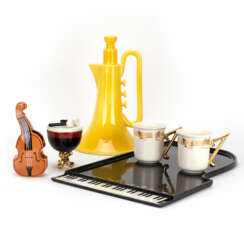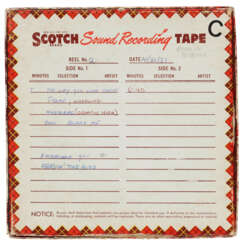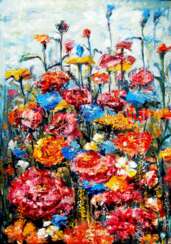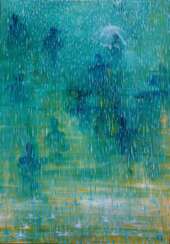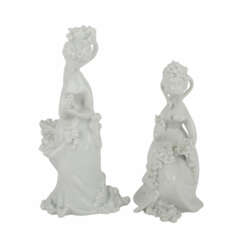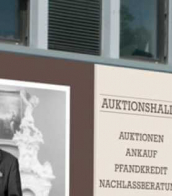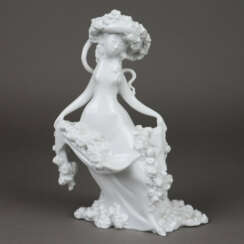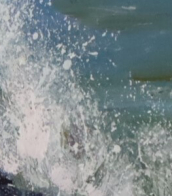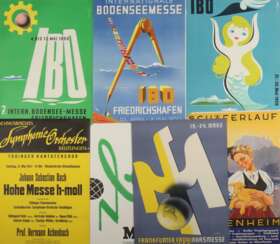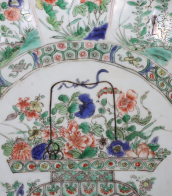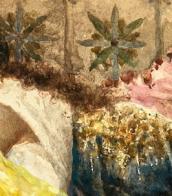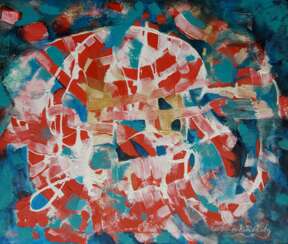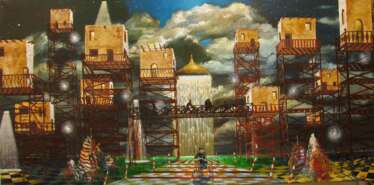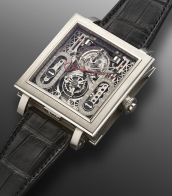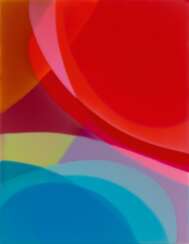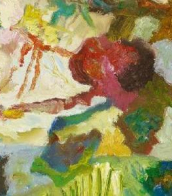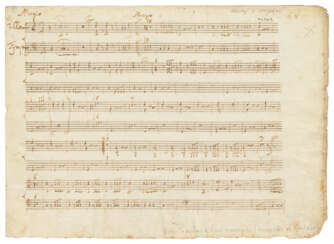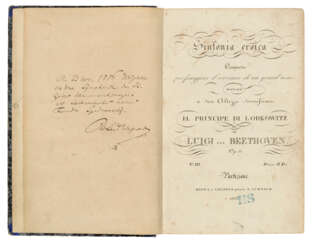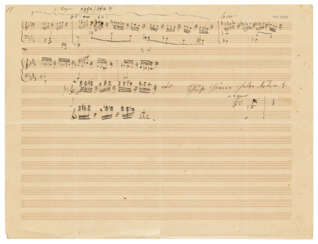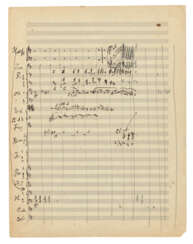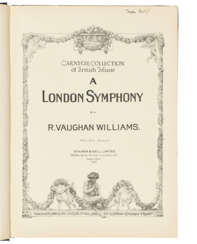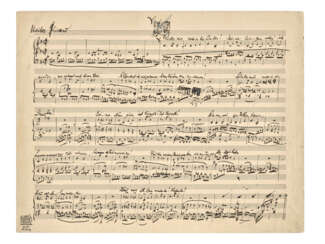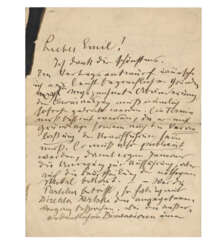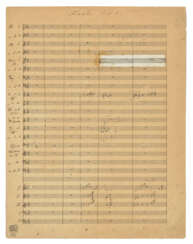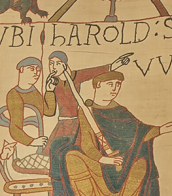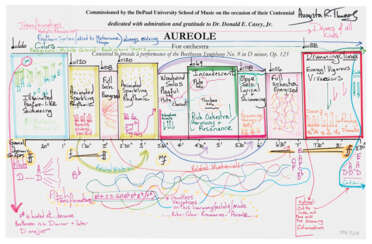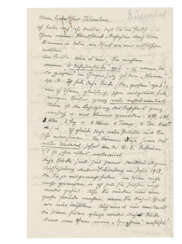symphony
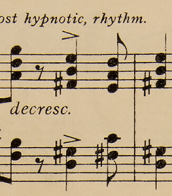
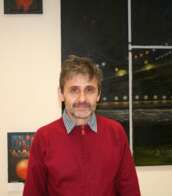
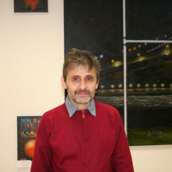


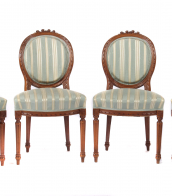






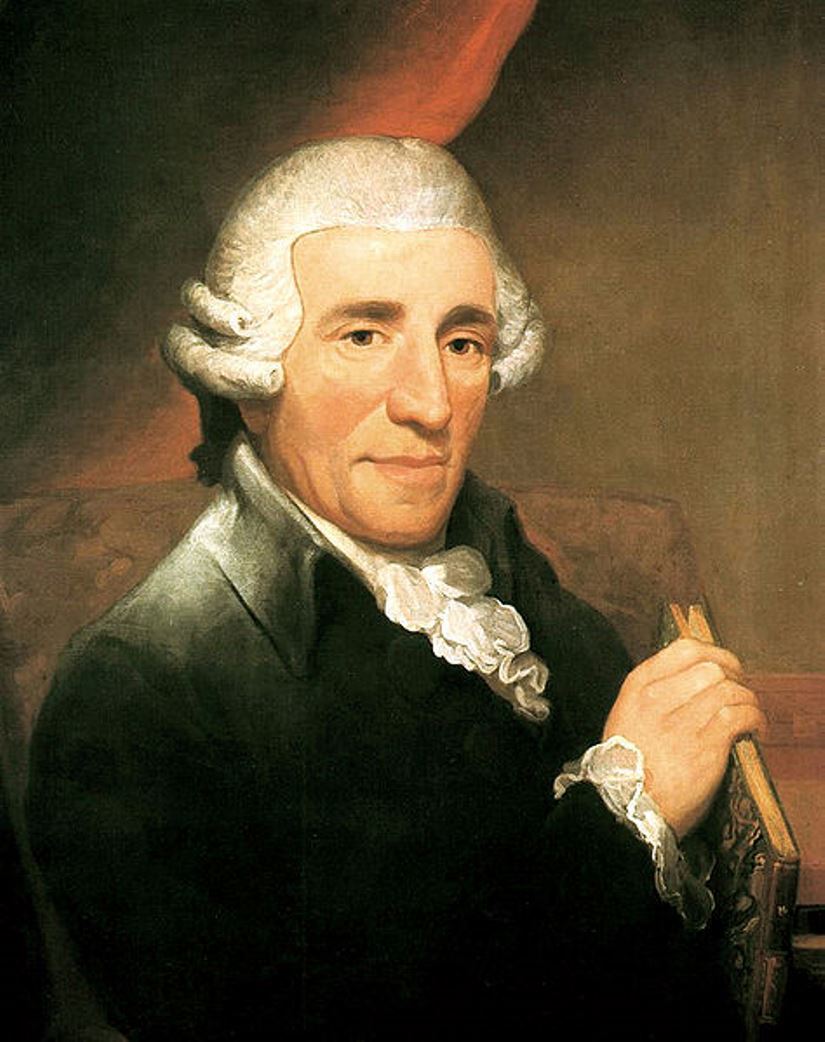
Franz Joseph Haydn was an Austrian composer of the classical school, who created the string quartet and symphony forms.
Haydn discovered unusual musical abilities very early, but the poverty of his family did not favor the development of his talents. He was a singer, interrupted earnings and engaged in musical self-education. Fate led young Haydn to Prince Pal Antal Esterhazy, whose wealthy and influential family of the Austrian Empire maintained his own orchestra. In 1766, Haydn became music director at the Esterhazy court and remained in that service for the rest of his life. In addition to his operas for the court, Haydn composed symphonies, string quartets and other chamber music. On one of his visits to Vienna, Haydn met Wolfgang Mozart, and their interactions brought many benefits to both great composers and musicians.
In the 1760s, Haydn's fame began to spread throughout Europe. In 1792, he met the young Ludwig van Beethoven and foreshadowed his greatest fame as a composer.
Haydn was an extremely prolific composer. He created 108 symphonies, many quartets, oratorios, sonatas, concertos, etc. As a true representative of the Enlightenment, Haydn was the most famous composer in Europe in the 18th century.
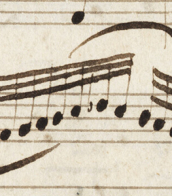
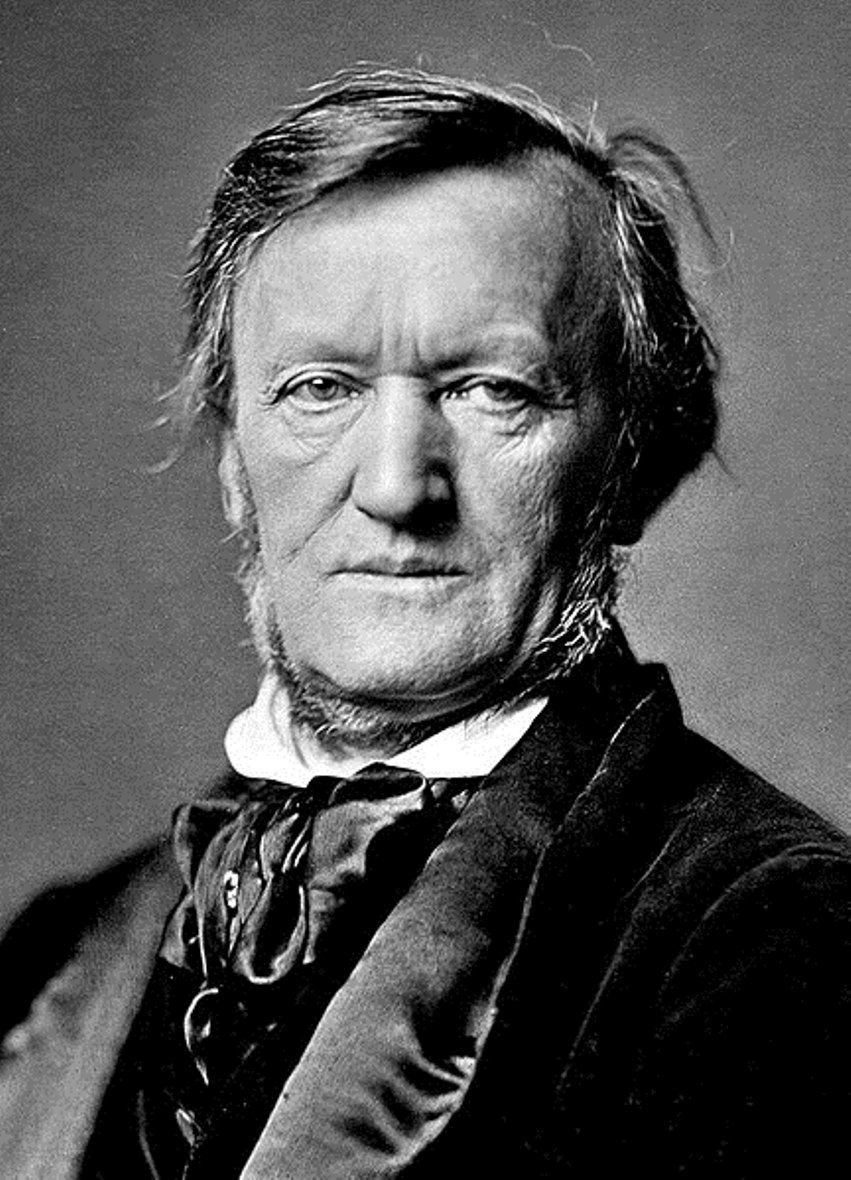
Wilhelm Richard Wagner was a German pioneering composer, conductor and opera reformer.
His first proper Symphony in C major was performed at the Leipzig Gewandhaus concerts in 1833. Wagner lived in a colony of poor German artists and made his living in music journalism. Nevertheless, in 1841 he wrote his first representative opera, The Flying Dutchman, based on the legend of a ship captain doomed to sail forever. In 1842 his Rienzi was triumphantly performed in Dresden, after which Wagner was appointed conductor of the court opera and held this position until 1849.
In 1848-49 Wagner became involved in the German Revolution, wrote a number of articles in support of it, and took an active part in the Dresden Uprising of 1849. When the uprising failed, he was forced to flee Germany. His subsequent years were occupied mainly with writing theoretical treatises on philosophy and music. Wagner held anti-Semitic and Nazi views. And reflecting on the future of music, he predicted the disappearance of opera as an artificial entertainment for the elite and the emergence of a new kind of musical stage work for the people, expressing the self-realization of free humanity. This new work was later called "musical drama."
By 1857 his style had been enriched with new interpretations, and Wagner had composed "Rheingold," "Die Walküre," and two acts of "Siegfried." By 1864, however, unwise financial habits had driven him into debt and ruin, and he was forced to flee from prison to Stuttgart. He was rescued by King Louis II, an ardent admirer of Wagner's work. Under his patronage for six years in Munich, the composer's operas were successfully staged. The King also practically ensured him a trouble-free life, thanks to his support Wagner built his own opera house (Bayreuther Festspielhaus), in which many new constructive ideas were realized. The premiere of "The Ring" and "Parsifal" took place here.
As a result of all Wagner's creative innovations and methods, a new kind of art emerged, the distinctive feature of which was a deep and complex symbolism, operating in three inseparable planes - dramatic, verbal and musical. He had a significant influence on European musical culture, especially on the development of opera and symphonic genres.
Richard Wagner's major works include The Flying Dutchman (1843), Tannhäuser (1845), Lohengrin (1850), Tristan und Isolde (1865), Parsifal (1882), and his great tetralogy, The Ring of the Nibelung (1869-76).
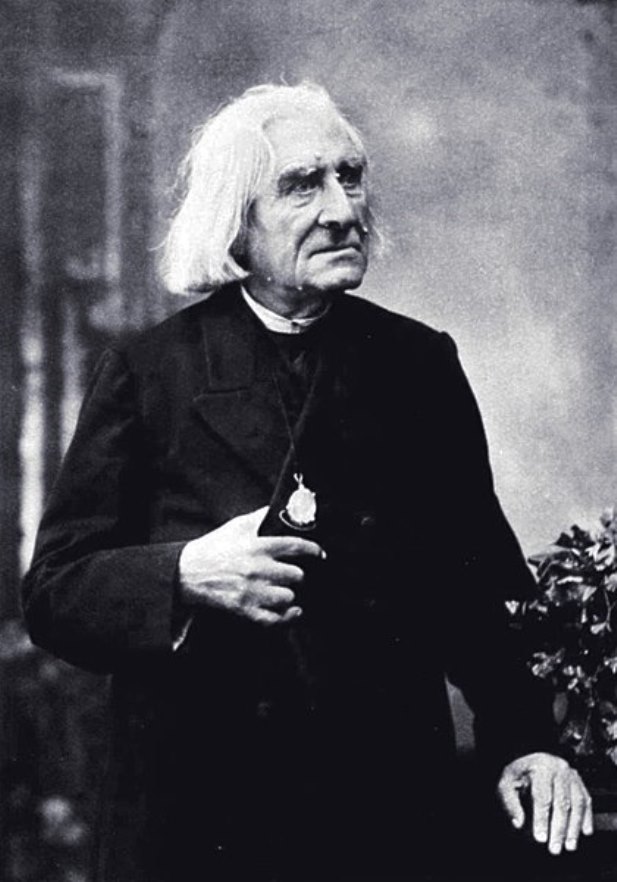

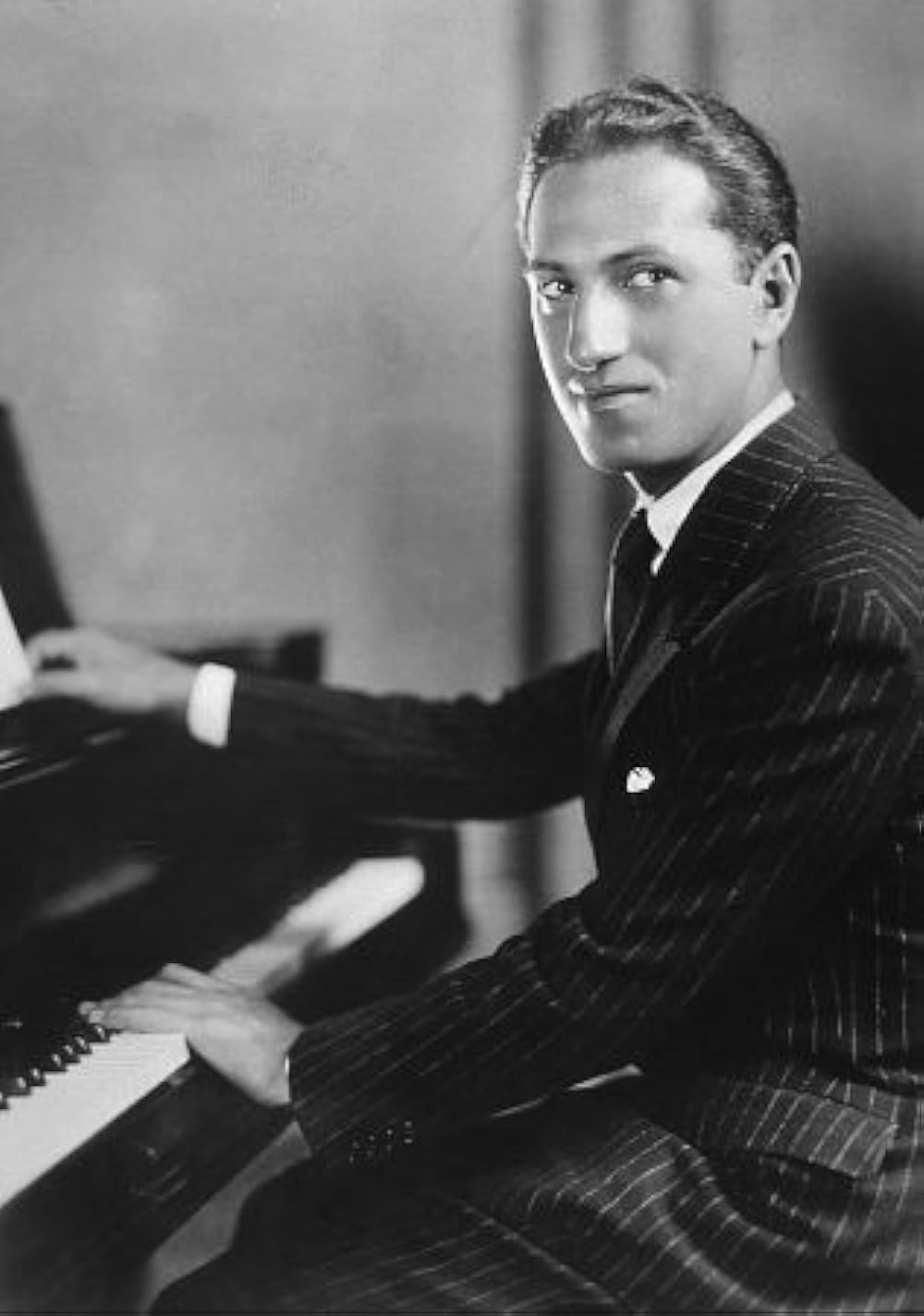
George Gershwin, born Jacob Gershwin, is an American composer and pianist.
George's parents emigrated from Russia to the United States in 1891, and he was about 12 years old at the piano, becoming virtually self-taught. Gershwin published his first song in 1916, but it was Swanee, written by a 20-year-old Gershwin in 1918, that made him famous. The income he received for it allowed Gershwin to concentrate on musical theater. In the 1920s, however, George, along with his older brother Ira, were major songwriters and hit songwriters on Broadway. The lyrics for all of Gershwin's films were written by Ira Gershwin, as were the lyrics for most of his musicals, although early in his career Gershwin worked with other lyric writers, including Irving Caesar and Buddy De Silva.
The Gershwin brothers' first Broadway hit was the song Lady Be Good in 1924. In his songs, Broadway shows, and movie scores, composer George Gershwin achieved unprecedented success with his masterful mastery of jazz, classical, and popular music styles. These include "Rhapsody in Blue" in 1924, "Concerto in F" in 1925, "An American in Paris" in 1928, and "Second Rhapsody" in 1931. Between 1919 and 1935. Gershwin wrote music for 31 musicals, one of which - Of Thee I Sing - in 1932 became the first musical to win the Pulitzer Prize for Dramaturgy. Gershwin's songs have also been used in numerous films and award-winning musicals over the years.
The opera Porgy and Bess, co-written with Dubose, Dorothy Hayward, and Ira Gershwin, was the Gershwin brothers' most ambitious project, combining memorable songs with drama. It was first performed in Boston in 1935 and was made into a movie in 1959.
In 1937, at the age of only 39, the brilliant composer died of a brain tumor. George Gershwin was at the height of his career, leaving a significant and lasting mark on the world of classical music. Today, his orchestral works are performed by most of the world's prestigious symphony orchestras. Ira Gershwin, who was two years older, lived 46 years after George's death.

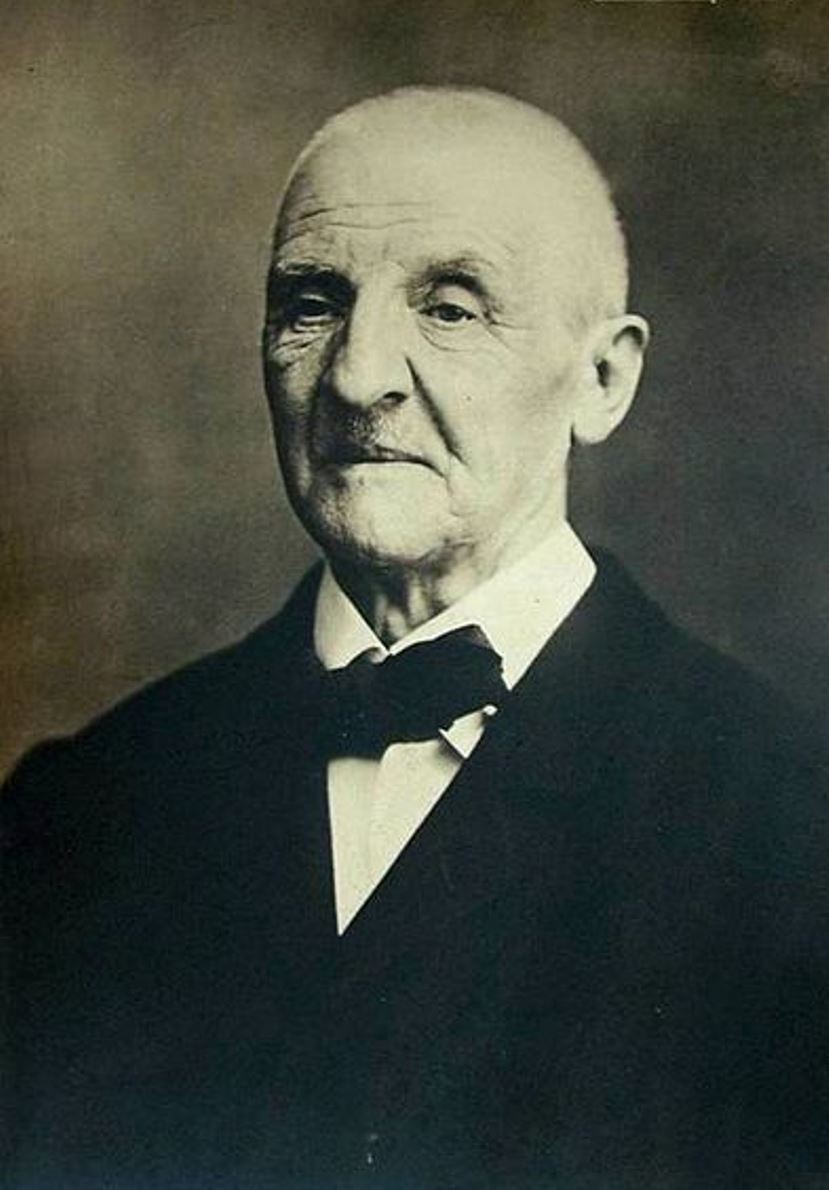
Anton Bruckner, full name Joseph Anton Bruckner, was an Austrian composer, organist and music educator.
Bruckner was born into a poor family, which prevented him from receiving an education suited to his musical talent. His father taught him to play the violin and organ, and he worked as a teacher and organist for many years. Already after the age of 30, he began composing organ and choral works, including the Solemn Mass (1854). In 1855 he became organist at Linz Cathedral and took a five-year course in harmony and counterpoint with the Viennese teacher Simon Sechter. A little later Bruckner studied orchestration with Otto Kitzler, who in 1863 introduced him to the music of Wagner - a powerful impetus for him to begin composing significant compositions.
After moving to Vienna in 1686, Bruckner taught at the Conservatory and the University of Vienna and composed at the same time. Over the next 28 years he wrote most of his famous works: symphonies Nos. 2-9, a string quintet and the Te Deum. But it was not until the premiere of his Seventh Symphony in Leipzig in 1884 that he received the recognition he deserved. Until his death, he continued to compose new works and rework his earlier works.
Anton Bruckner was an outstanding virtuoso organist and a superb teacher. His symphonies are often considered symbolic of the final phase of Austro-German Romanticism, and he also composed much sacred secular choral music and chamber works.

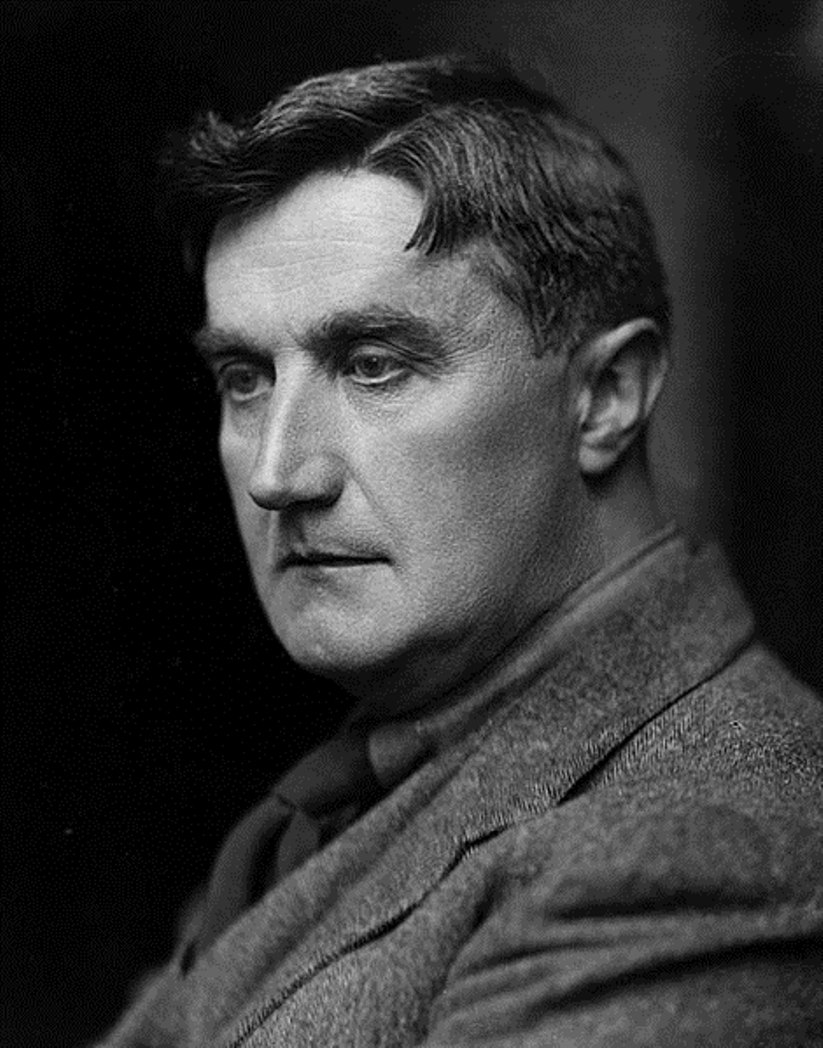
Ralph Vaughan Williams was a British composer, organist, conductor and teacher.
Vaughan Williams studied at the Royal College of Music and Trinity College, Cambridge, continued his studies in Berlin and Paris, and worked as a music editor for a magazine. After artillery service during the First World War, he became Professor of Composition at the Royal College of Music. All the while he was engaged in folkloristics, collecting English folk tunes and songs, which was reflected in his later work.
In addition to teaching and composing, Williams was active as a conductor, including the Bach and Handel Society choirs.
Vaughan Williams' legacy is extensive: he composed six operas, three ballets, nine symphonies including the London Symphony, cantatas and oratorios, works for piano, organ and chamber ensembles, arrangements of folk songs and many other works. Vaughan Williams managed to break away from German traditions and create a truly national, English tradition in the creation of classical music. He is one of the founders of the new English school of composition - the so-called "English musical renaissance".

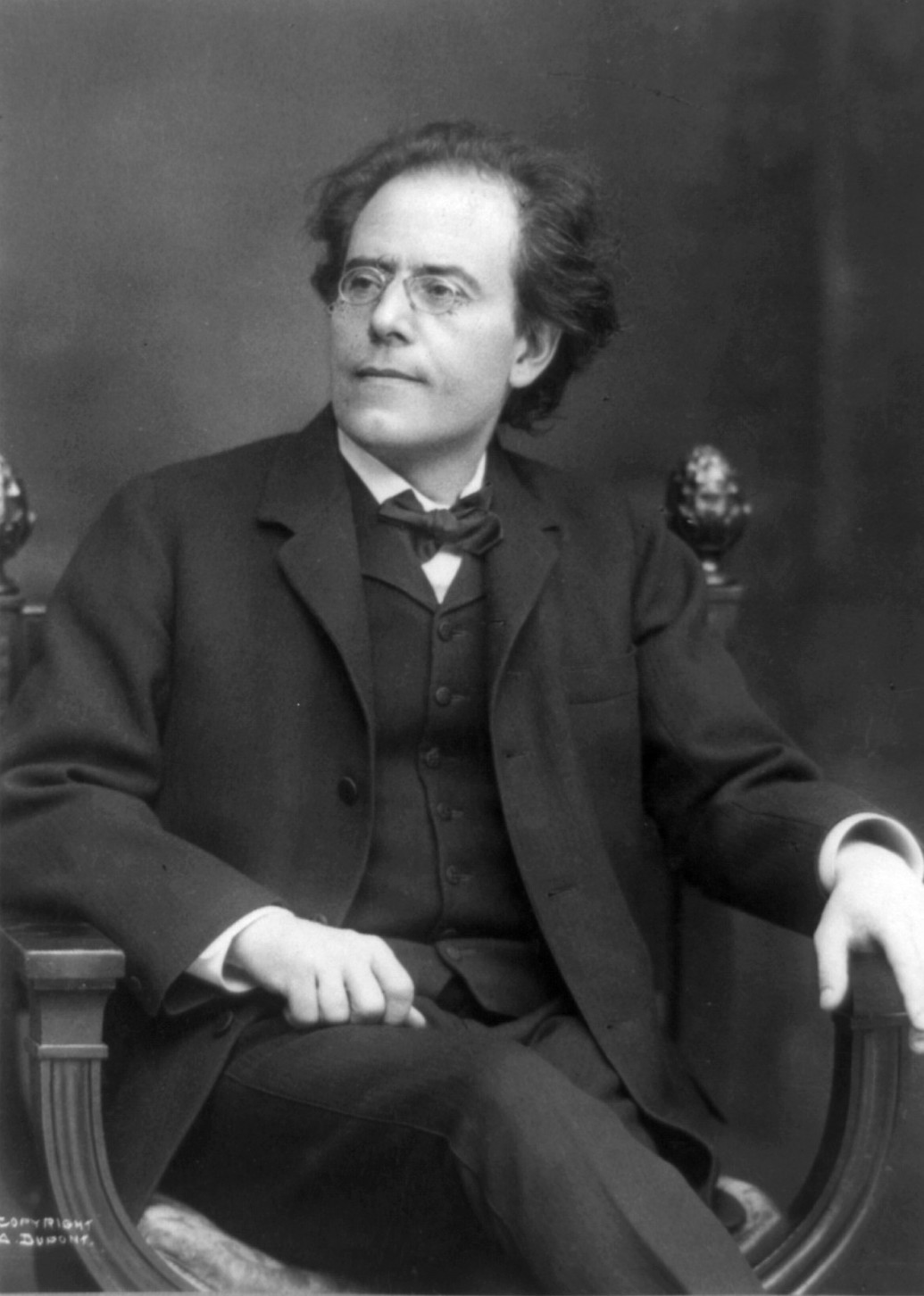




Anton Bruckner, full name Joseph Anton Bruckner, was an Austrian composer, organist and music educator.
Bruckner was born into a poor family, which prevented him from receiving an education suited to his musical talent. His father taught him to play the violin and organ, and he worked as a teacher and organist for many years. Already after the age of 30, he began composing organ and choral works, including the Solemn Mass (1854). In 1855 he became organist at Linz Cathedral and took a five-year course in harmony and counterpoint with the Viennese teacher Simon Sechter. A little later Bruckner studied orchestration with Otto Kitzler, who in 1863 introduced him to the music of Wagner - a powerful impetus for him to begin composing significant compositions.
After moving to Vienna in 1686, Bruckner taught at the Conservatory and the University of Vienna and composed at the same time. Over the next 28 years he wrote most of his famous works: symphonies Nos. 2-9, a string quintet and the Te Deum. But it was not until the premiere of his Seventh Symphony in Leipzig in 1884 that he received the recognition he deserved. Until his death, he continued to compose new works and rework his earlier works.
Anton Bruckner was an outstanding virtuoso organist and a superb teacher. His symphonies are often considered symbolic of the final phase of Austro-German Romanticism, and he also composed much sacred secular choral music and chamber works.

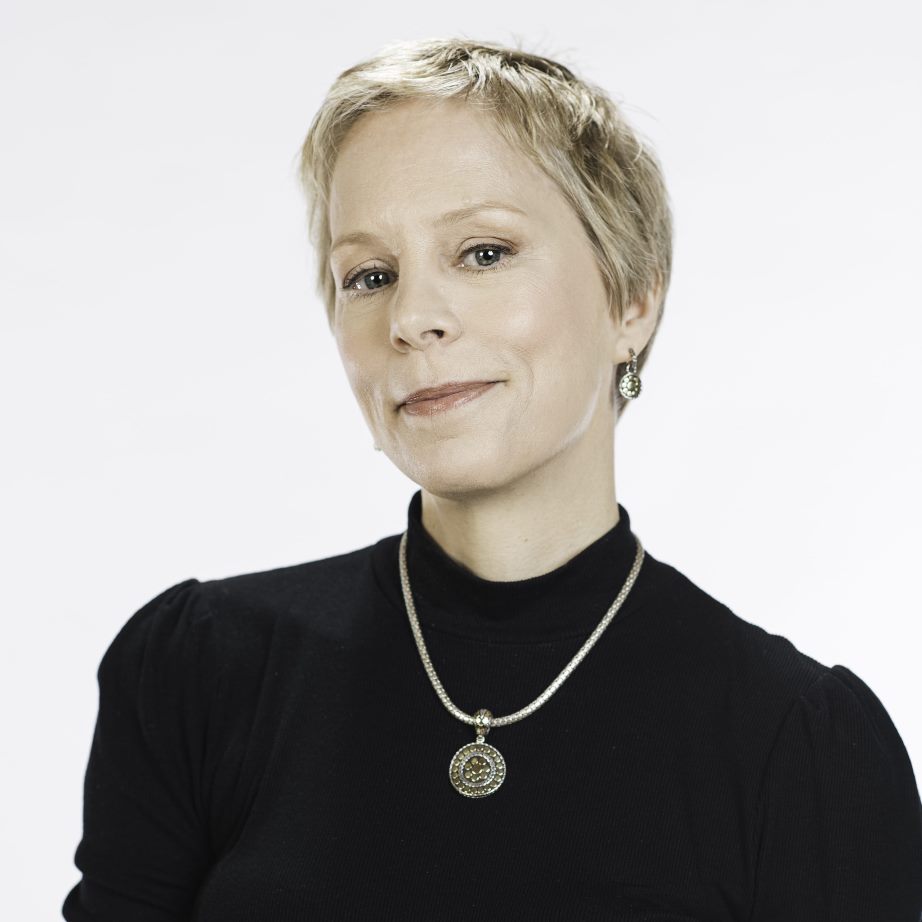
Augusta Read Thomas is an American composer and professor.
Augusta Thomas studied composition at the Tanglewood Music Center and at Yale University, Northwestern University, and the Royal Academy of Music in London. She was a member of the Chicago Symphony Orchestra for many years. Thomas was also composer-in-residence with the New Haven Symphony Orchestra. Augusta Read Thomas is Professor of College Composition at the University of Chicago, In 2016, she founded that university's Center for Contemporary Composition, which provides a dynamic, collaborative, and interdisciplinary environment for the creation, performance, and study of new music, as well as career development for emerging and established composers and performers.
One of Thomas' best-known works is Astral Song for solo flute, solo violin and orchestra. Her most recent works include the opera Sweet Potato Kicks the Sun (2019), and she has also written numerous orchestral and choral works, concertos, and solo compositions. Augusta Read Thomas is a member of the American Academy of Arts and Sciences and the American Academy of Arts and Letters. She is considered the best-known contemporary American composer.

